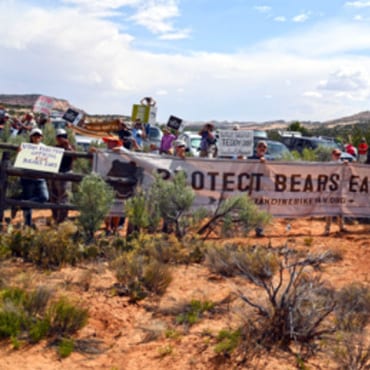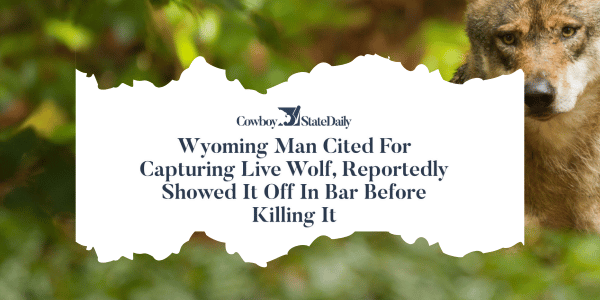Pump jacks in Wyoming. Photo Credit: BLM
ONSHORE Act and Federal Land Freedom Act – Privatization of public lands
ONSHORE Act and Federal Land Freedom Act
Not satisfied with Interior’s curtailing regulations on oil and gas drilling on public lands, members of Congress came up with a sneaky scheme to hand authority over to states instead. Under legislation like the ONSHORE Act and Federal Land Freedom Act, states wouldn’t own public lands, but they would be able to review and regulate natural resource extraction on them. Because state regulation of extraction is typically minimal, this legislation is a boon for privatizers and the oil and gas industry and a boondoggle for everyone else.
ONSHORE Act and Federal Land Freedom Act Location
ONSHORE Act and Federal Land Freedom Act
These sneaky pieces of legislation would allow states to regulate natural resource extraction on public lands, opening the door for oil and gas companies to loot them at will.
ONSHORE Act and Federal Land Freedom Act – The Details
Overwhelming public opposition to wholesale public lands giveaways has made legislation to sell off National Forest and BLM lands politically unpalatable (see, for example, then-Representative Jason Chaffetz’s (R-UT) mea culpa for introducing a bill that would have sold off three million acres of public lands across 10 western states). But rather than accepting the public’s will, some in Congress are pursuing the underhanded privatization approach of handing over management authority on public lands to the states. Proponents of this approach hope it doesn’t rile the public the way outright public lands giveaways have. The Opportunities for the Nation and States to Harness Onshore Resources for Energy (ONSHORE) Act and the Federal Land Freedom Act (FLFA) exemplify this approach for oil and gas development on public lands.
The ONSHORE Act, introduced in the Senate on January 24, 2019 by co-sponsors John Barrasso (R-WY), Mike Enzi (R-WY), John Hoeven (R-ND) and Kevin Cramer (R-ND), would give states exclusive authority to issue and enforce oil and gas drilling plans and permit applications to drill on public land within their borders. It would also cede authority over hydraulic fracturing, or fracking, to states that have their own fracking regulations and permit requirement. But, state regulations can be less stringent than federal ones and there’s no provision for revoking a state’s authority if it fails to enforce its regulations. The Act also exempts oil and gas operations on non-federal land from environmental review and federal permitting whenever the federal government holds less than half the ownership interest in the oil and gas. The co-sponsors of the ONSHORE Act wasted no time re-introducing their legislation in the Senate, and Inhofe and Black will likely try again to get FLFA enacted. Additional bills that hand over federal land management to state and local interests are expected.
The Federal Land Freedom Act, a bill in the last Congress sponsored by Senator James Inhofe (R-OK) and Representative Diane Black (R-TN), would have gone even further, giving states complete regulatory control over oil and gas exploration, development, and production on federal public lands, with exceptions for National Parks and National Wildlife Refuges, designated Wilderness areas, and tribal lands. Under FLFA, a state application to regulate oil and gas activities would have been approved unless the Interior or Agriculture Department found, within 60 days of the application, that the state was incapable of implementing its regulatory program—an unlikely proposition, especially in such a limited timeframe. Once approved, a state oil and gas program would not have been subject to environmental protection and public review requirements such as the National Environmental Policy Act and Endangered Species Act and couldn’t be revoked for environmental transgressions. FLFA’s only grounds for repeal was state failure to approve enough leasing: only a decrease in annual federal royalty payments of 20 percent or more would have allowed federal revocation of a state program.
States may prefer the sort of privatization offered by the ONSHORE Act and FLFA to getting ownership of public lands. While they loosen constraints on natural resource exploitation on public lands, they stop short of transferring title to the states, which allows them to avoid costly responsibilities. Responding to wildfires and maintaining vast road networks would tax state budgets if they were actually given title to public lands. With these types of bills, federal taxpayers are saddled with the costs while profits are passed on to private industry.
Given the overwhelming opposition to wholesale public lands giveaways, privatizers had little choice but to find a different way to do extractive industries’ bidding. The co-sponsors of the ONSHORE Act wasted no time in re-introducing their legislation in the Senate and Inhofe and Black will likely try again with FLFA. You can expect other bills that hand over federal land management to state and local interests.
Public Lands Privatization Schemes
Learn more about the public lands at risk across the United States.
Dairy Syncline Mine
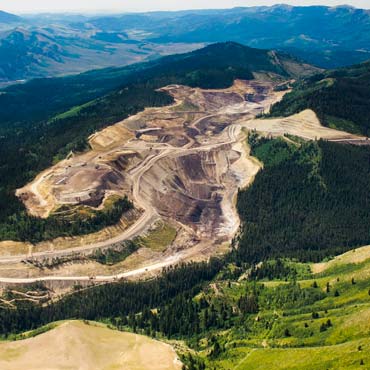
Village at Wolf Creek
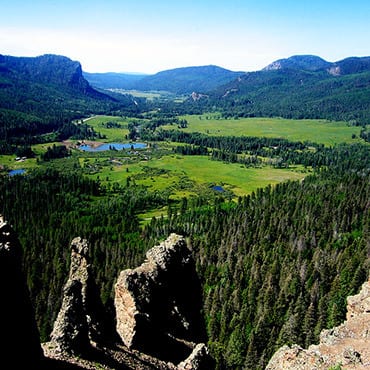
Resolution Copper Mine
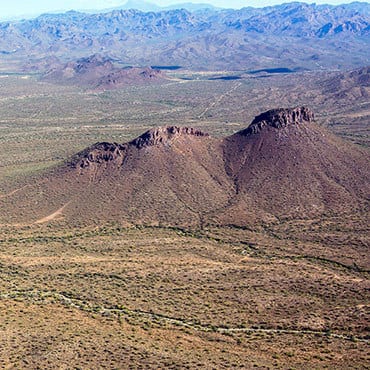
Ray Mine Expansion
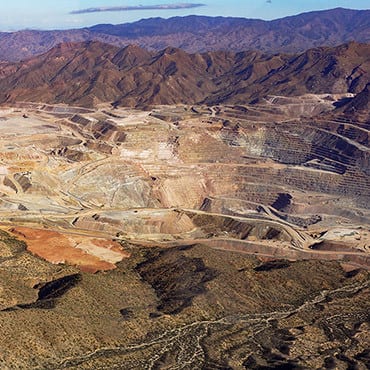
Las Vegas Sprawl
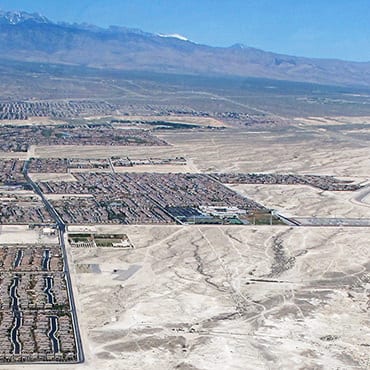
OMYA Mining Public Land Sale
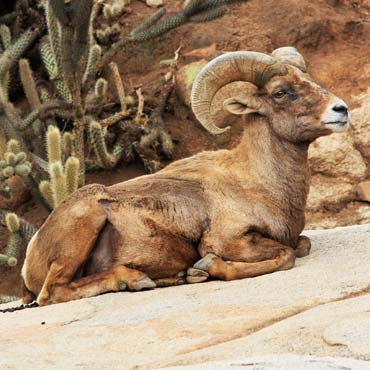
Emery County Public Land Management Act

ONSHORE Act and Federal Land Freedom Act
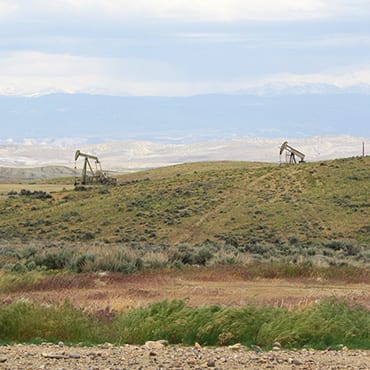
King Cove Land Exchange
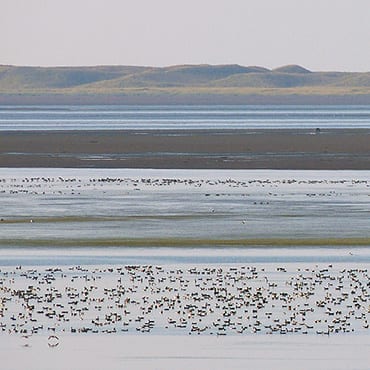
National Monument Reductions
